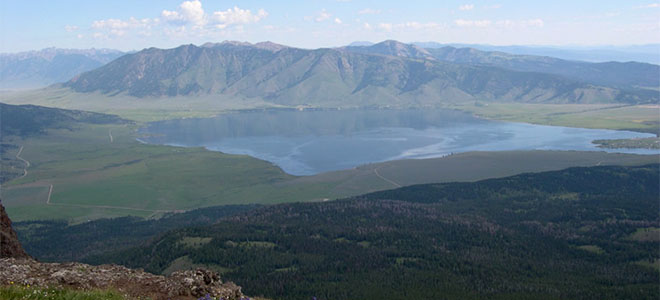Dilling, L., K. Lackstrom, B. Haywood, K. Dow, M. C. Lemos, J. Berggren, and S. Kalafatis (2015), What Stakeholder Needs Tell Us about Enabling Adaptive Capacity: The Intersection of Context and Information Provision across Regions in the United States. Weather, Climate, and Society 7 (1) 5-17, Published January 2015.
Abstract
In recent years increasing attention has been focused on understanding the different resources that can support decision makers at all levels in responding to climate variability and change. This article focuses on the role that access to information and other potential constraints may play in the context of water decision making across three U.S. regions (the Intermountain West, the Great Lakes, and the Carolinas). The authors report on the degree to which climate-related needs or constraints pertinent to water resources are regionally specific. They also find that stakeholder-identified constraints or needs extended beyond the need for data/information to enabling factors such as governance arrangements and how to improve collaboration and communication. As climate information networks expand and emphasis is placed on encouraging adaptation more broadly, these constraints have implications not only for how information dissemination efforts are organized but for how those efforts need to be informed by the larger regional context in a resource-limited and fragmented landscape. Read more …


